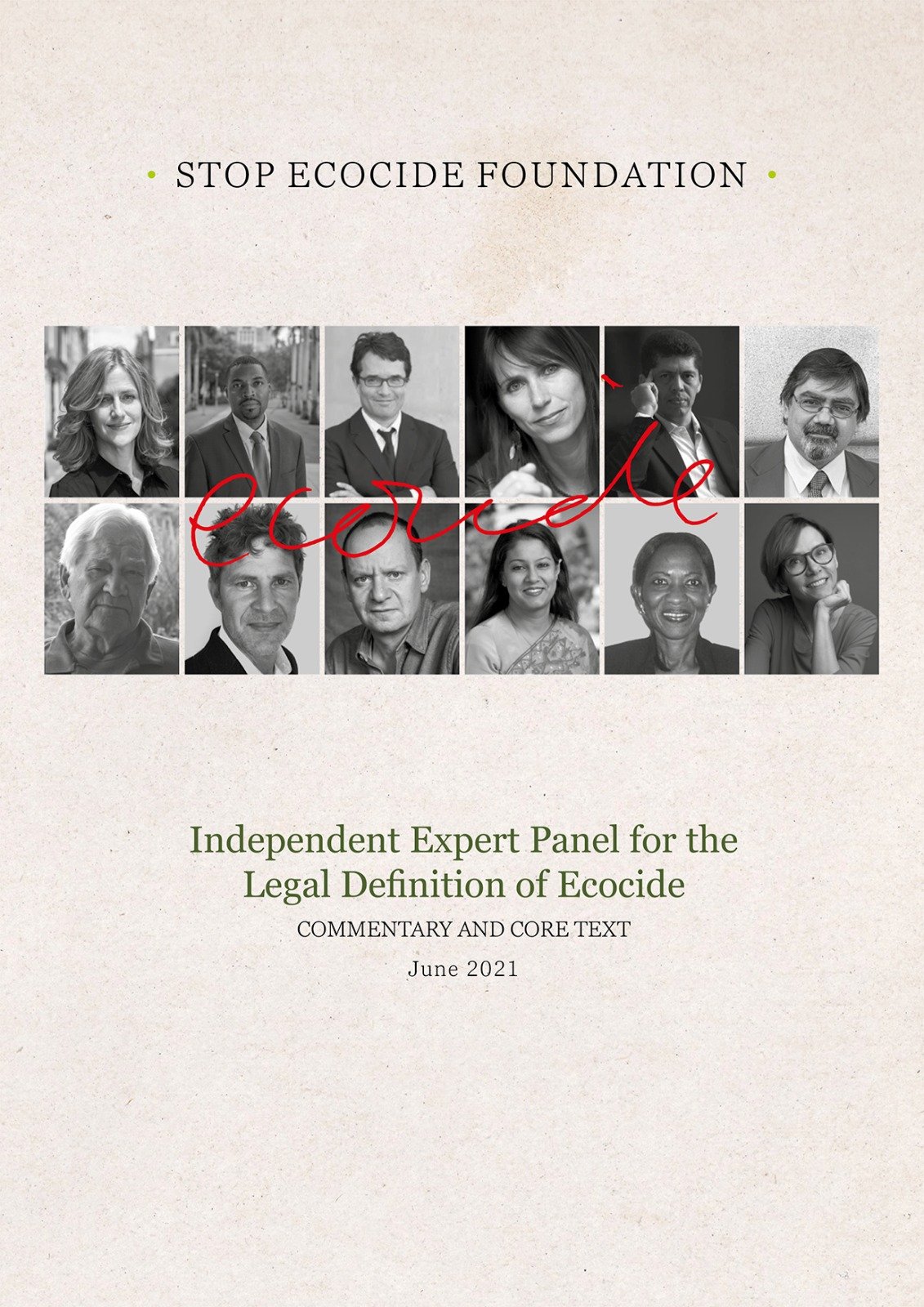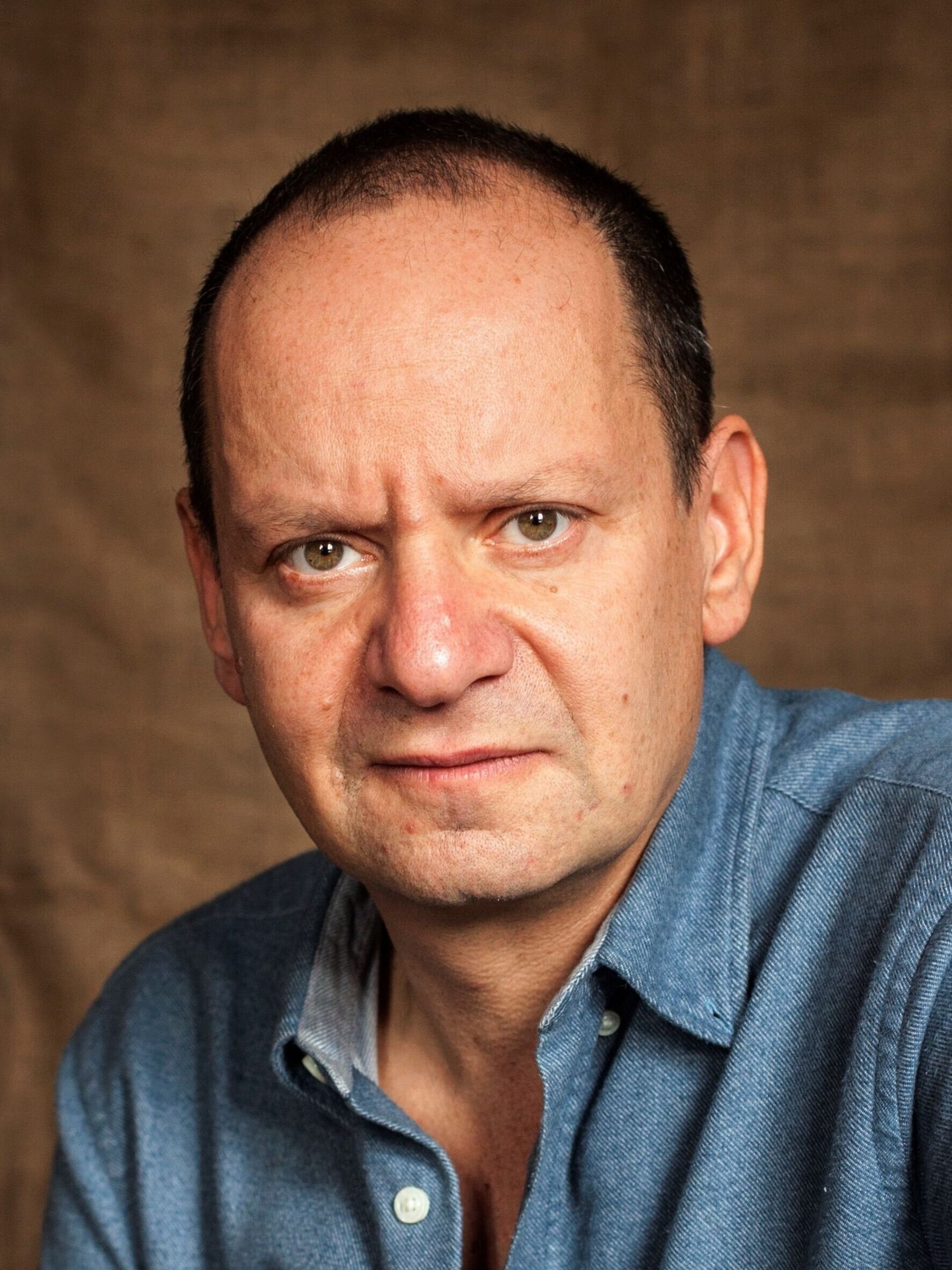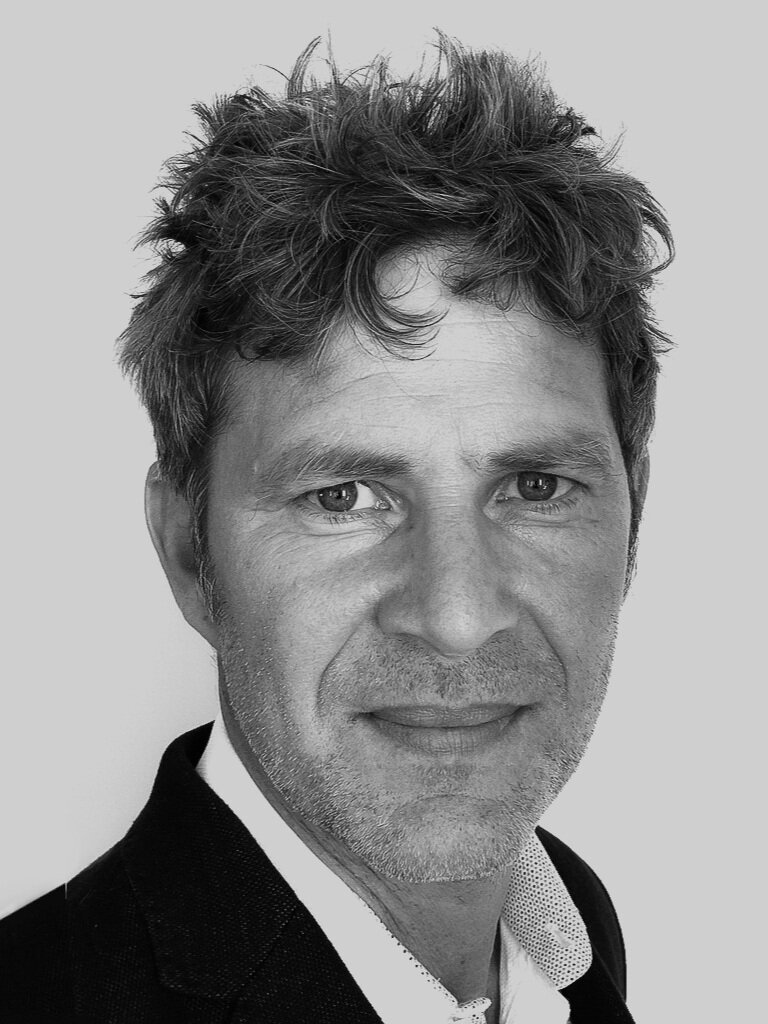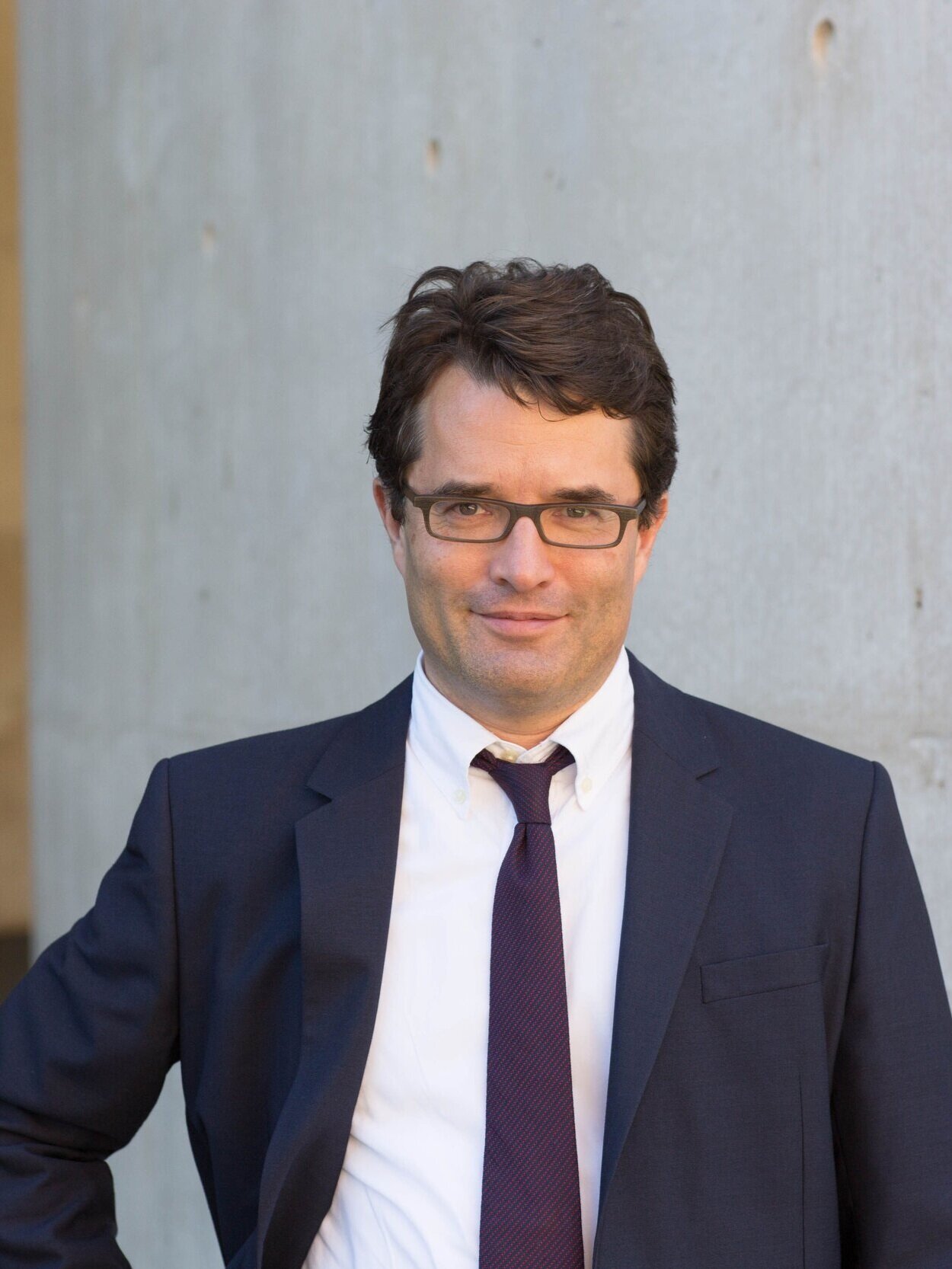An historic moment - June 2021
The Independent Expert Panel, convened by our charitable arm, the Stop Ecocide Foundation concludes its groundbreaking drafting work and a proposed consensus definition of ecocide is announced.
Article 8 ter
Ecocide
For the purpose of this Statute, “ecocide” means unlawful or wanton acts committed with knowledge that there is a substantial likelihood of severe and either widespread or long-term damage to the environment being caused by those acts.
For the purpose of paragraph 1:
“Wanton” means with reckless disregard for damage which would be clearly excessive in relation to the social and economic benefits anticipated;
“Severe” means damage which involves very serious adverse changes, disruption or harm to any element of the environment, including grave impacts on human life or natural, cultural or economic resources;
“Widespread” means damage which extends beyond a limited geographic area, crosses state boundaries, or is suffered by an entire ecosystem or species or a large number of human beings;
“Long-term” means damage which is irreversible or which cannot be redressed through natural recovery within a reasonable period of time;
“Environment” means the earth, its biosphere, cryosphere, lithosphere, hydrosphere and atmosphere, as well as outer space.
Read the full ‘Commentary and Core Text’:
Official translations:
Español, Français, Svenska, Nederlands, Italiano.
Unofficial translations:
Deutsche, Suomalainen, Türkçe, العربية.
An historic moment
Chair of the Stop Ecocide Foundation and convenor of the panel
“This is an historic moment. This expert panel came together in direct response to a growing political appetite for real answers to the climate and ecological crisis. The moment is right - the world is waking up to the danger we are facing if we continue along our current trajectory.”
The drafting work, she explained, “was high-level, collaborative and informed by many experts as well as a public consultation comprising hundreds of legal, economic, political, youth, faith and indigenous perspectives. The resulting definition is well pitched between what needs to be done concretely to protect ecosystems and what will be acceptable to states. It's concise, it’s based on strong legal precedents and it will mesh well with existing laws. Governments will take it seriously, and it offers a workable legal tool corresponding to a real and pressing need in the world.”
Comments from the Expert Panel
Philippe Sands KC (Co-Chair)
University College London / Matrix Chambers; author, East West Street: On the Origins of Genocide and Crimes against Humanity:
“It has been a privilege to contribute to this work, inspired by the efforts of Hersch Lauterpacht and Rafael Lemkin in giving the world ‘crimes against humanity' and ‘genocide’, back in 1945. Ecocide is about law in the service of our planet, a means of changing consciousness and of harnessing the idea and ideals of international justice for the greater good.”
Dior Fall Sow (Co-Chair)
UN jurist and former prosecutor (Senegal):
“This is the beginning of a difficult but exhilarating adventure that should only end with the introduction into the Rome Statute of this fifth crime of ecocide. Let's dare to do it!”
Kate Mackintosh (Deputy Chair)
Executive Director, Promise Institute for Human Rights, UCLA School of Law (US/UK):
“This is an exciting moment for us all, as we emerge with a practical definition of ecocide that is both timely and overdue. I believe this legally robust and credible text can take its place alongside the other international crimes, and signal a sea change in our attitudes to the protection and preservation of our planet.”
Richard J Rogers (Deputy Chair)
Partner, Global Diligence; Executive Director, Climate Counsel (UK)
“ ‘Ecocide’ is a criminal law for the 21st Century. If humanity is to reach the 22nd Century with peace and security, we must tame the environmental abuse that has plagued the earth for hundreds of years.”
Valérie Cabanes
International jurist and human rights expert (France):
“We need to broaden the range of the most serious international crimes by recognising a fifth crime against the peace and security of humanity: the crime of ecocide. By destroying the ecosystems on which we depend, we are destroying the foundations of our civilisation and mortgaging the living conditions of all future generations. This is no less serious than war crimes, crimes against humanity, or the crimes of genocide or aggression. As well as being a major issue of global socio-environmental justice, is it not ultimately the survival of the human species that is at stake?
Pablo Fajardo
Environmental lawyer (Ecuador):
“It is imperative to recognize that ecocide is a global threat and needs to be responded to accordingly. We are pleased to be part of this Panel because it has managed to propose a legal formula capable of addressing these types of threats.”
Syeda Rizwana Hasan
Director, Bangladesh Environmental Law Association (Bangladesh):
“We, in the global south, are witnessing massive destruction of natural systems in the name of development, against which national legal systems are not responding adequately. If forests are not protected, emission of greenhouse gases not curtailed and sea level rise not prevented, the next generation will have to draw maps of Bangladesh and other South Asian countries differently. We need recognition of ecocide in international law, to defend Mother Earth, nature and both present and future generations.”
Charles C Jalloh
Professor, Florida International University/UN International Law Commission (Sierra Leone):
“It has been wonderful to work with such a great team of international law scholars and practitioners on this independent expert panel for the definition of a new crime of ecocide. I am pleased that, despite our diverse backgrounds and expertise, we reached a consensus definition. I am hopeful that the outcome will prove useful to States. And that it might even catalyze a much needed amendment to the Rome Statute of the International Criminal Court to finally include ecocide in the list of most serious crimes of concern to the international community as a whole.”
Rodrigo Lledó
Director, Fundación Internacional Baltasar Garzón:
“The intellectual generosity of the panel members was truly surprising and motivating, and enabled us to reach a balanced definition. I hope that the States will adopt this definition as their own. It is urgent. Destroying the environment in a massive and irresponsible way must cease to be internationally legal.”
Tuiloma Neroni Slade
Former ICC judge (Samoa):
“The panel's proposals are based on established principles of law and are aimed at strengthening the ability of the ICC to respond to matters of the utmost seriousness to the international community. It has been a special privilege to take part in the work of such a highly committed and distinguished international panel."
Christina Voigt
University of Oslo:
“The definition is a tool to which we applied our collective expertise in the conviction that severe destruction of the environment needs to stand on par with other international crimes. It is a tool we can only hope governments will find useful in their future deliberations.”
Alex Whiting
Former International Criminal Court prosecutions coordinator; Professor, Harvard Law School (US):
"Defining the crime is a first step on a path of discussion, debate, and, one day, ratification. The hope is that the process will energize states to think about how to use international criminal law to target the most grave environmental crimes while at the same time deploying domestic criminal and regulatory law to address a broad range of environmental harms that threaten our planet."
November 2020
The convening.
The Independent Expert Panel for the Legal Definition of Ecocide is convened by our charitable arm, the Stop Ecocide Foundation on the request of interested parliamentarians from governing parties in Sweden. Read more



















